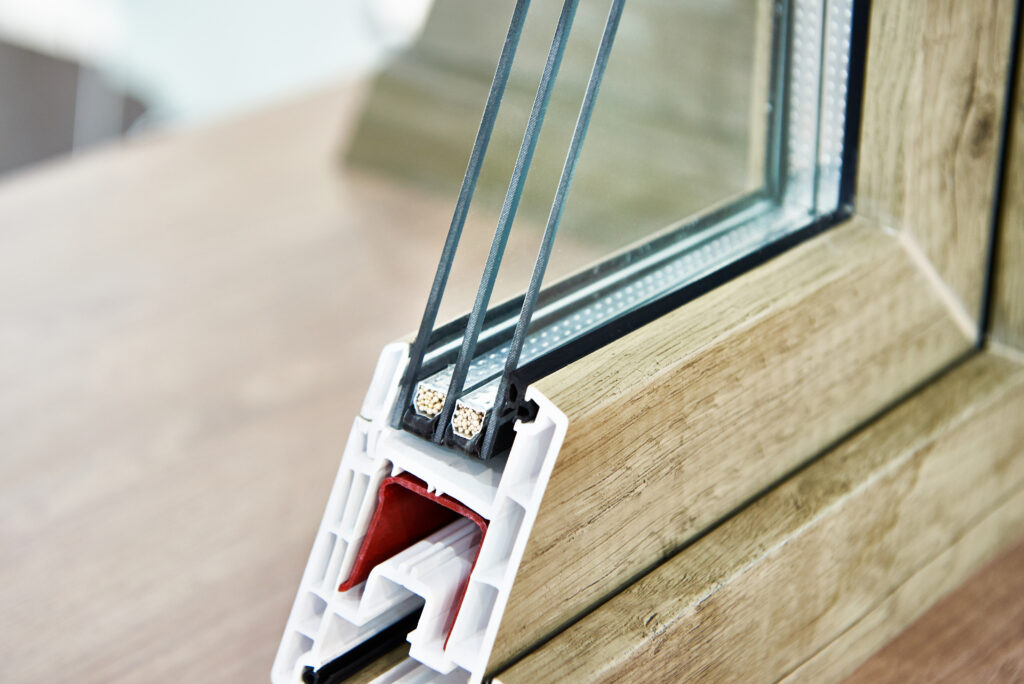The quest for energy efficiency and comfort in our homes is an ongoing one, and triple glazing is currently one of the hot topics under discussion. But is triple glazing really worth the investment? This article aims to explore what triple glazing is, its benefits, and potential downsides.

What is Triple Glazing?
In simple terms, triple glazing refers to windows that have three layers of glass instead of the traditional one (single glazing) or two (double glazing). These glass panes are separated by a gas-filled space or vacuum, which provides insulation. The key idea behind triple glazing is to improve the thermal performance and soundproofing of your property, thereby increasing the comfort level within your home.
The Benefits of Triple Glazing
There are several key benefits to consider when it comes to triple glazing:
- Energy Efficiency: Triple glazing significantly improves the energy efficiency of your home. The extra layer of glass and insulating gas effectively reduces heat loss, thereby helping to keep your property warmer in the winter and cooler in the summer. This can lead to substantial savings on your energy bills over the long term.
- Noise Reduction: Triple glazing is superior to double glazing when it comes to reducing external noise. If your home is in a busy area with high levels of noise pollution, then this could dramatically increase your quality of life.
- Security: Triple glazed windows are harder to break than their single or double-glazed counterparts, adding an extra layer of security to your home.
The Downsides of Triple Glazing
However, despite its advantages, there are some potential downsides to triple glazing that need to be considered:
- Initial Cost: The main deterrent for many homeowners is the upfront cost. Triple glazing can cost significantly more than double glazing. This can be a big investment, especially if you are replacing all the windows in a larger property.
- Weight: Triple glazed windows are heavier than double glazed ones. This means that you need to ensure your property’s structure can support the additional weight, which might entail further costs.
- Diminished Returns: While triple glazing is more energy-efficient than double glazing, the difference isn’t as substantial as that between single and double glazing. This means it may take longer to recoup your investment through energy savings.
Is Triple Glazing Worth It?
Whether triple glazing is worth the investment depends largely on your specific circumstances and objectives. If you’re building a new home or planning a major renovation, then incorporating triple glazing into your plans might be a wise choice. Equally, if you live in an area with extreme weather conditions or high levels of noise, the benefits of triple glazing could be well worth the cost.
However, if you already have double glazing and are considering upgrading solely for energy efficiency reasons, you’ll need to carefully weigh up the cost versus the potential savings. The homebuilding.co.uk estimates that upgrading to triple glazing improves the energy performance of regular double glazing by around 5%.
Triple glazing does offer significant benefits in terms of energy efficiency, noise reduction, and security. However, its relatively high cost and the question of diminished returns mean that it’s not a straightforward choice for every homeowner. Before making a decision, it’s advisable to speak to a professional who can assess your home and provide advice based on your specific circumstances.






